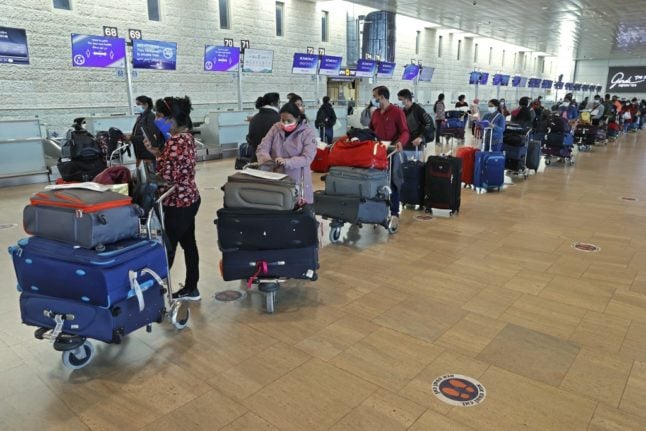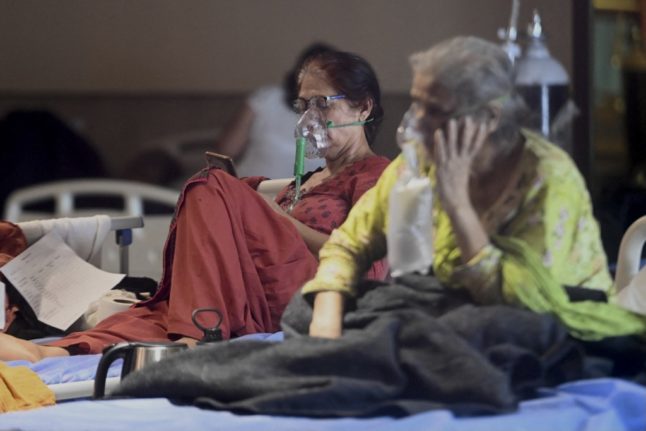India had cancelled the deal with the Italian-owned AgustaWestland in January to buy 12 luxury helicopters amid allegations that the company paid bribes to win the €556 million contract.
On Monday, a court in Milan ruled in favour of AgustaWestland, preventing India from encashing guarantees of more than €278 million, a statement from Agustawestland's parent company Finmeccanica said.
The Indian defence ministry responded by stating that it "will be filing an appeal against the order".
"Simultaneously, the government will vigorously pursue all options for encashment of the bank guarantees," a statement from the Indian defence ministry said.
India had suspended the contract in 2013 after Italian investigators began looking into accusations that AgustaWestland paid bribes to win the contract in 2010.
Italian prosecutors suspect kickbacks worth around 10 percent of the deal – €50 million – were paid to Indian officials to swing the deal in favour of AgustaWestland, according to Italian media reports. The company denies any wrongdoing.
India's defence ministry came under scrutiny after detectives raided the home of former air force chief S.P. Tyagi as part of the probe into the allegations of bribery.
The controversy was further embarrassment for the Congress-led government which has been buffeted by a string of corruption scandals in the lead up to a general elections starting next month.
The aborted deal has also come as a severe setback to Finmeccanica, whose chief executive Giuseppe Orsi resigned after being arrested last February.
Orsi denies any wrongdoing and his lawyer has called the allegations against him "inconsistent" and his arrest "unjustified". The deal is currently under arbitration in India.
Don't miss a story about Italy – Join us on Facebook and Twitter.




 Please whitelist us to continue reading.
Please whitelist us to continue reading.
Member comments